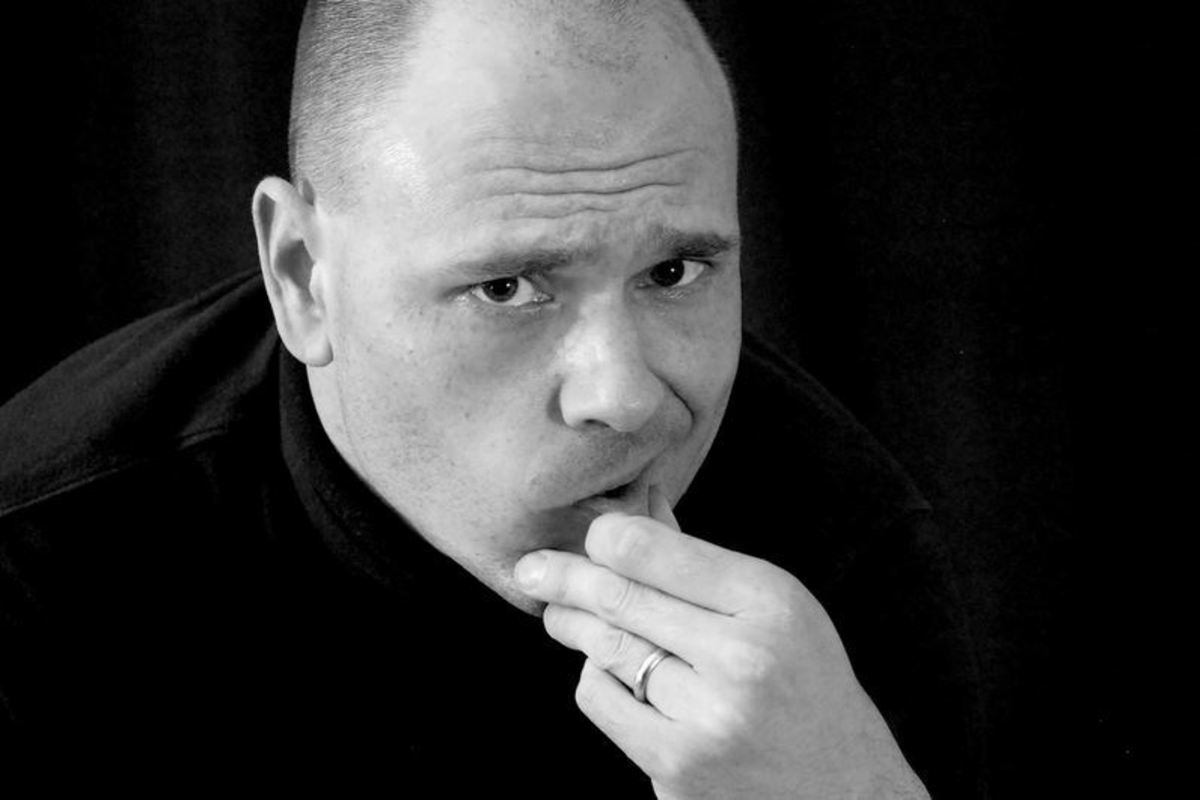Reading Time: 5 minutes It’s tempting to ignore linking strategy, culture and stories. After all they seem like different things, and address different aspects of bringing a brand to life. At first glance, strategy focuses on where the business needs to get to. Culture talks to how you bring out the best in people. Stories are how audiences receive […]
Tag: Brand models
Forget supply and demand. Think supply and desire.
Reading Time: 3 minutes According to mainstream marketing theory, price is decided by supply and demand and fluctuates accordingly. In today’s market however, pricing is increasingly about supply and desire. The rules of volatility have changed. The upgrade culture, shorter product lifetimes and highly efficient distribution chains have flattened the gaps between supply and demand in so many sectors, […]
Rethinking brand growth
Reading Time: 3 minutes One of my favourite questions when a brand leader tells me how much they intend to grow over the next 12 months is to ask them how much they think the market itself will grow. In other words, how much organic growth can they expect the market to give them just for participating versus how […]
Why brand management will replace marketing
Reading Time: 3 minutes P&G’s decision to formally end the era of “marketing” at the company and make the shift to brand management may accelerate what amounts to much more than a title change for marketers generally. To me, it could point to a fundamental re-examination of the role of the people responsible for brands.
Brands are not as easy as they look
Reading Time: 5 minutes A lot of people talk a lot about brands as impressions: brands are how you are talked about when you are not in the room; your brand is the sum of the prompted and unprompted associations that people have of you; your brand is expressed in the ways that you are remembered. All of these […]
So many different types of brand
Reading Time: 7 minutes We often talk about “brand” as if it is one thing. It’s not of course – in fact, the meaning and the use of the term differs, quite markedly, depending on the context. By my reckoning, brand is categorised in more than 20 different ways. (So much for the single minded proposition!)
Brand trust – and its role in brand differentiation
Reading Time: 3 minutes Brand trust resides in different places in different markets. The location and nature of that trust should directly influence how you compete.
Building the most likeable brand structure
Reading Time: 3 minutes Whilst much has been written about when you should revisit your brand architecture and the things you should consider in doing so, often the conversations around how to structure brands seem to centre on hierarchical concerns. “What do we have?” “How do we need to group it?” “How many levels?” “Is it consistent?”
The future for iconic brands
Reading Time: 4 minutes Familiarity is something every marketer craves for their brand. They want the marque they are responsible for to be known, asked for, a household name. But does icon status in and of itself guarantee anything anymore?
Brand participation: Not everyone is in the market at once
Reading Time: 4 minutes It’s tempting to think of consumers in binary terms in relation to the brands you are responsible for: in, or out; buying, or not buying; loyal, or not loyal. But for many brands, the status of an individual can be more complex. At any given point in time, people can take on other roles in […]
Changing brand economics
Reading Time: 4 minutes Consciously or not, many brands are now running a freemium model. They are giving away a lot more than they used to, particularly across social media, just to keep up with the changing competitive landscape. And they are hoping to recoup on that significant content investment when consumers do buy. So has any of this […]
Three signals of brand price
Reading Time: 3 minutes Brands sent powerful messages through how they price. Price can be influential in portraying a brand as affordable and ‘on the side of the customer’, or exclusive and just for the few. It can generate responses ranging from the thrill of a bargain to the indignation of a price tag that seems far too steep.










